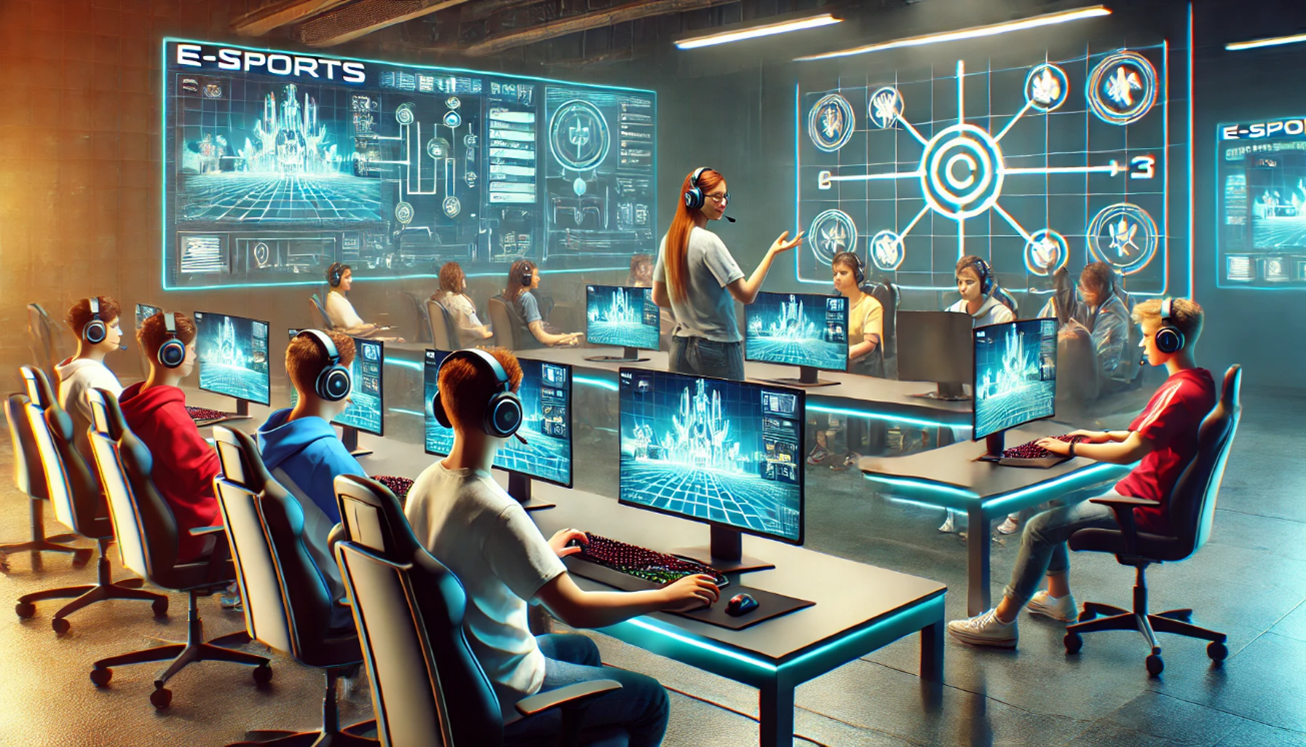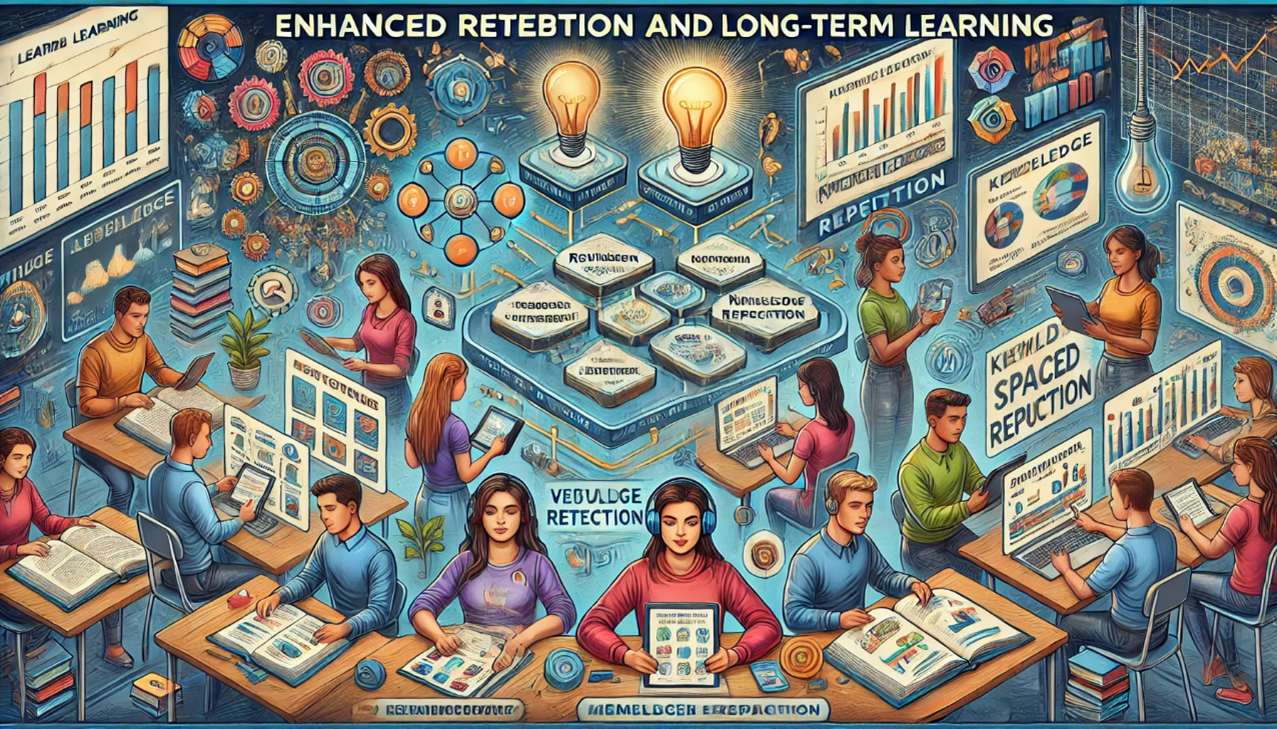Should schools include e-sports programs to foster teamwork and strategic thinking?

Should schools include e-sports programs to foster teamwork and strategic thinking?
by Nathaniel 03:33pm Jan 23, 2025

Should schools include e-sports programs to foster teamwork and strategic thinking?
Certainly! Schools can greatly benefit from incorporating e-sports programs, not only for fostering teamwork and strategic thinking but also for providing a comprehensive learning experience that extends beyond traditional classroom subjects. Let's explore this topic in more depth, focusing on how e-sports can contribute to skills development, the potential challenges, and the ways schools can create a balanced and effective e-sports program.
1. Promoting Teamwork and Collaboration
Team Dynamics:E-sports are often team-based, requiring players to coordinate their actions, communicate effectively, and understand each other's strengths and weaknesses. Games like League of Legends, Overwatch, and Rocket League demand strong collaboration, where one player’s actions can directly impact the success or failure of the entire team.This teaches students how to work together toward common goals and rely on their teammates.
Roles within Teams:Just like in traditional sports, players in e-sports often take on specific roles within the team. For example, in a game like Dota 2, players might specialize in being “supports,” “carries,” or “offlaners,”each contributing in different ways to the team’s overall success. This encourages students to understand the value of diverse skill sets and how they complement one another within a team environment.
Communication and Trust: Effective communication is key in e-sports. Players must articulate strategies, provide feedback, and stay calm under pressure. E-sports players learn how to give constructive feedback, resolve conflicts, and trust their teammates, all of which are valuable interpersonal skills applicable in real-world scenarios like group projects or workplace environments.
2. Developing Strategic Thinking and Problem-Solving Skills
In-Game Strategy:Many e-sports titles require players to develop deep strategic plans,which may involve resource management, positioning, and timing. These games often require players to assess multiple variables in real-time and make decisions based on incomplete information. For instance, Fortnite challenges players to build structures and gather resources while engaging in combat, demanding quick thinking and adaptability.
Critical Decision Making: E-sports games present players with fast-paced environments where they must make critical decisions within seconds. This aspect fosters high-level problem-solving abilities, as players must prioritize tasks, react to changing conditions, and take calculated risks. For example, in Counter-Strike, players need to decide when to attack or retreat based on their position, resources, and the actions of opponents.
Adaptability and Flexibility: E-sports also teach students how to adapt strategies based on real-time developments. This could include shifting strategies mid-game, reacting to opponents' tactics, or adjusting to team members' skill levels. The ability to stay flexible and adjust one’s approach to dynamic situations is a highly valuable skill, especially in fast-changing careers or academic challenges.
3. Enhancing STEM Skills and Technological Proficiency
Technological Literacy: Participation in e-sports encourages students to become more familiar with technology. Players learn about hardware (computers, gaming systems), software (game engines, chat tools), and online platforms (streaming services, competition brackets). For students interested in technology, this offers exposure to areas such as gaming hardware, coding, and digital design.
STEM Integration:Some e-sports programs integrate learning into the curriculum by pairing gaming activities with lessons on coding, game design, and even network management. Schools can develop curricula that link games to STEM subjects like physics (e.g., understanding movement and physics in virtual environments), mathematics (e.g., calculating odds, managing in-game resources), and computer science (e.g., learning algorithms and artificial intelligence used in games).
4. Building Communication and Leadership Skills
Effective Communication: Communication is critical in e-sports, as players must convey information about their position, strategies, and changes to the team. Clear and effective verbal and non-verbal communication skills are developed as players become accustomed to giving quick instructions, providing feedback, and leading discussions under pressure.
Leadership and Decision-Making: In e-sports, team leaders or captains often make decisions about the strategy, pace of play, and even conflict resolution. Through participation in these programs, students can develop leadership skills, learning how to motivate their team, make key decisions, and act as role models for others.
5. Fostering Inclusivity and Engagement
Attracting Diverse Students: E-sports have the potential to reach a wide range of students, including those who may not participate in traditional sports.For example, students who are interested in technology, gaming, or digital media may feel more connected to an e-sports team than to a traditional athletic team. This inclusivity helps engage students who might otherwise feel excluded from extracurricular activities.
Community and School Spirit: E-sports teams create a sense of community and pride within schools. Just as with traditional sports teams, students and faculty can rally around their school’s e-sports team, creating school spirit. Events such as live streaming, local tournaments, or team meets can further promote this sense of unity.
6. Mental Health Benefits and Stress Management
Coping with Pressure: E-sports tournaments, whether local or national, can be high-stakes environments that simulate pressure-filled situations. Learning to perform under pressure, stay focused, and manage anxiety are valuable life skills that students can carry into academic exams, interviews, and professional settings.
Balance and Well-Being: A well-structured e-sports program can also teach students how to balance their gaming with other aspects of their lives. This includes managing screen time, incorporating physical activity, and maintaining social relationships outside of gaming. Schools can support mental well-being by offering counseling, mindfulness activities, and stress-relief techniques alongside the gaming program.
7. Challenges and Considerations
Screen Time and Health: One of the primary concerns about e-sports is the amount of time students spend in front of screens. Excessive gaming can lead to physical problems (like eye strain and poor posture) and psychological issues (such as addiction). Schools must balance e-sports with physical activity programs, promoting healthy gaming habits, and creating time limits to ensure students maintain their overall well-being.
Equity and Access:E-sports programs require computers, internet access, and game licenses, which may not be available to all students. Schools need to ensure equitable access by providing resources for all interested students and avoiding creating a digital divide. Grants or partnerships with tech companies might help to alleviate financial barriers.
Academic Balance:As with any extracurricular activity, schools must make sure that participation in e-sports does not interfere with students' academic responsibilities. Setting clear expectations and guidelines about time management and academic priorities is essential for maintaining a healthy balance between gaming and studies.
Conclusion:
Incorporating e-sports programs in schools offers more than just entertainment—it can be a powerful tool to teach students valuable life skills such as teamwork, strategic thinking, communication, leadership, and technical literacy. By creating structured, balanced e-sports programs that emphasize healthy habits and educational outcomes, schools can leverage e-sports to prepare students for future success in both digital and physical arenas. With the right guidance and support, e-sports can become a cornerstone of 21st-century learning.






